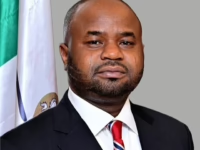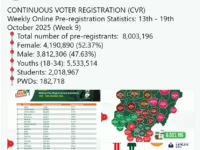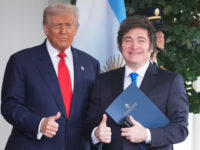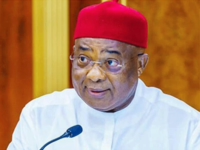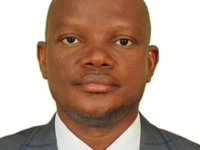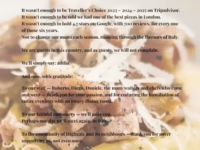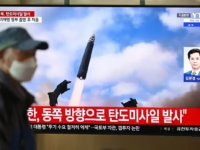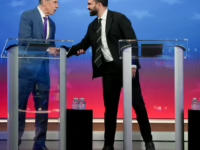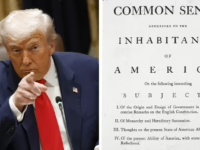Amid escalating violence and extortion, a state of emergency suspends constitutional freedoms, including the right to demonstrate.
In response to widespread civil unrest and a surge in criminal activity, Peru’s Interim President Jose Jeri has imposed a 30-day state of emergency in Lima, the nation’s capital.
Addressing the public on Tuesday evening, Jeri emphasized that decisive measures are necessary, stating, “Victory in conflict requires decisive action, not mere rhetoric.” He outlined plans to shift the government’s crime-fighting strategy from a defensive stance to a proactive offensive.
This emergency declaration grants authorities the power to deploy military forces for street patrols and curtail freedoms such as public assembly.
Al Jazeera correspondent Mariana Sanchez, reporting from Lima, noted that the announcement follows nearly a week of speculation about the interim administration’s next steps amid growing instability.
However, the official decree did not specify how the government intends to enhance intelligence operations critical to combating extortion, which has surged by 30% this year, reaching approximately 18,000 reported cases, according to Sanchez.
The escalation in extortion has been accompanied by a troubling rise in homicides. Police data reveals 1,690 murders between January and September, surpassing the 1,502 recorded during the same timeframe last year.
“The emergency status effectively suspends constitutional rights, including the ability to hold protests,” Sanchez added.
On October 10, Peru’s Congress ousted former President Dina Boluarte, citing her failure to address the rampant crime wave. Jose Jeri, then the parliamentary speaker, assumed the interim presidency and is expected to serve until July of the following year.
The country has been engulfed in weeks of anti-government demonstrations, largely driven by Generation Z activists protesting corruption and organized crime.
Violence escalated during protests on Thursday demanding Jeri’s resignation, resulting in one fatality and around 100 injuries, affecting police personnel and journalists alike.
Despite the turmoil, Jeri has firmly rejected calls to step down.
Previously, Boluarte had declared a similar 30-day state of emergency in March after the murder of a prominent musician, but the measure failed to curb the crime surge.
Paul Flores, a celebrated cumbia artist, was fatally attacked when assailants targeted the bus he was traveling on, in what appeared to be an extortion attempt against the vehicle’s operator.




